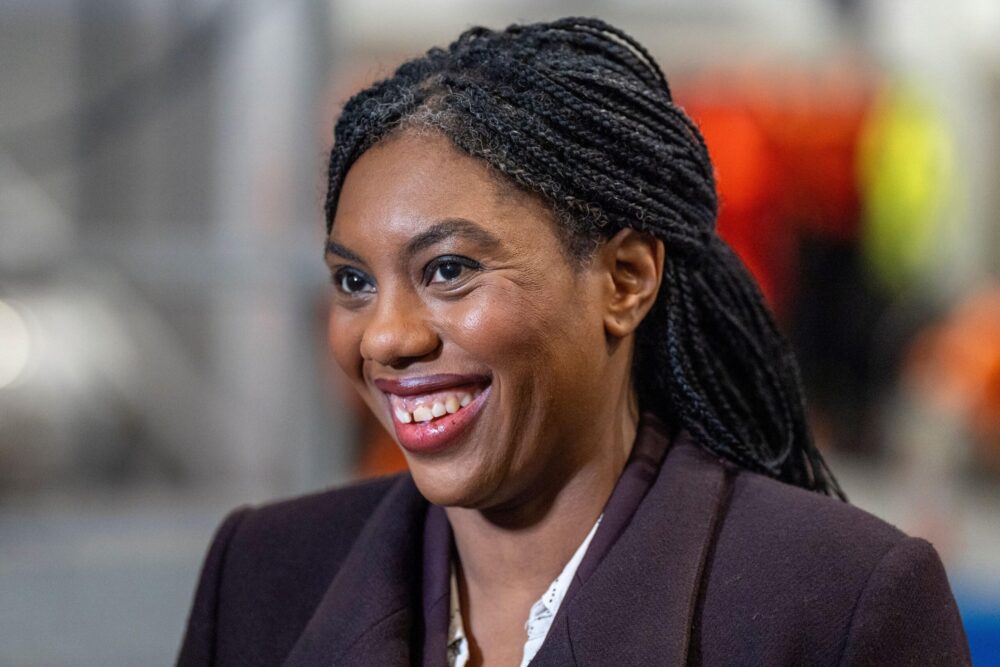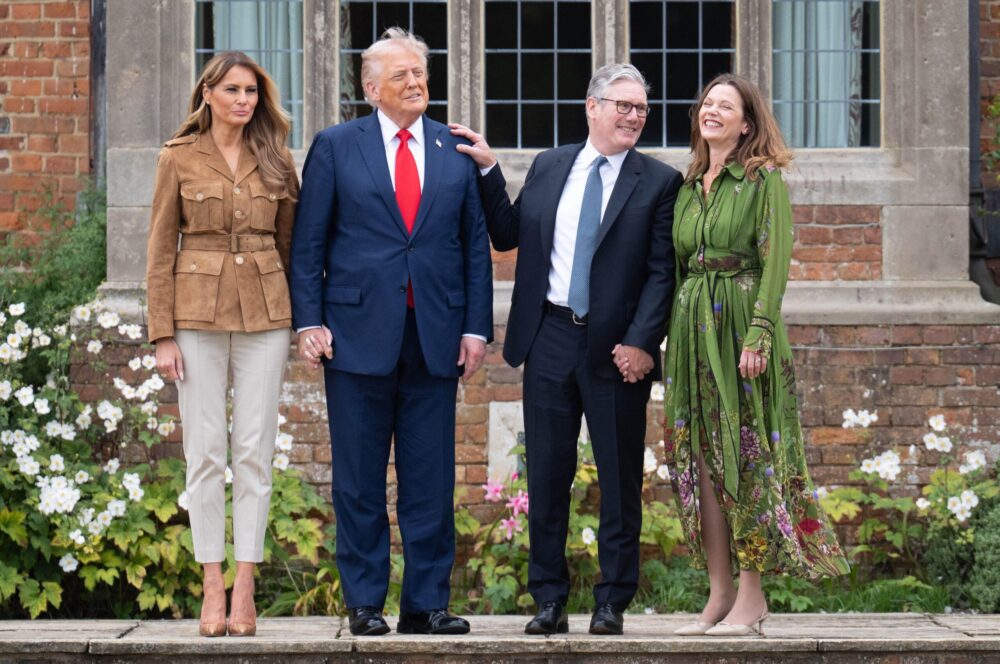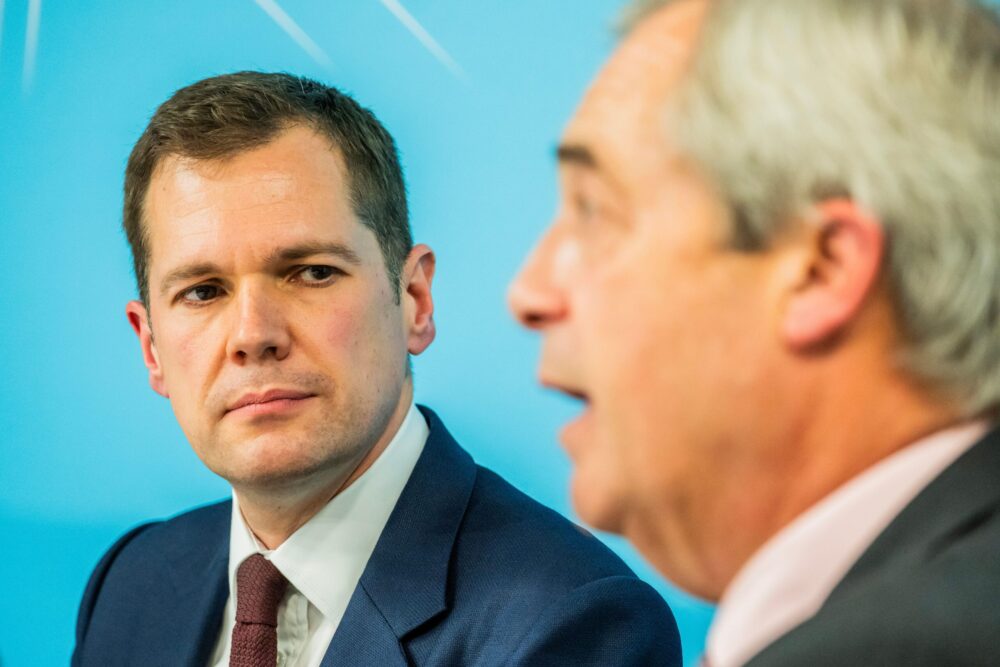
This year, party politics will be dominated by the European elections. Though for most normal people the event will go all but unnoticed, one question will preoccupy the political class: how well will UKIP do, and at what cost to the Conservatives? But whatever tactical moves the Tories are tempted to make to minimise losses, they must keep their eyes on the real prize: the 2015 general election, now just 16 months away.
If the Conservatives want to govern without needing a coalition of parties, they are going to need a bigger coalition of voters. The latest phase of Project Blueprint, my research looking at the state of this voting coalition, shows it is far from impossible for the Tories to win outright. But to do so they will need the votes of everyone who supported them last time, plus practically everyone who is even prepared to think about doing so next time.
Tory Loyalists, who voted Conservative in 2010 and would do so again tomorrow, are united by their positive view of David Cameron, and think the party shares their values and has the best approach to the economy. Joiners, who say they would vote Tory tomorrow despite not having done so last time (two thirds of them having come from the Liberal Democrats), think similarly but are more likely to prefer coalition government and to say they may change their mind again before the election.
The numbers being attracted to the Tories are not enough to replace those going in the opposite direction. More than a third of 2010 Conservative voters say they would not vote for the party in an election tomorrow. These Defectors tend to have a low to middling view of Cameron, and doubt the Tories stand for fairness or are on the side of ordinary people. Less than one in five have gone to Labour or the Lib Dems; about half say they support UKIP (compared to just over a quarter in my poll of specifically Tory-held marginal seats last year) and a third say they do not know how they will vote or will not vote at all.
These Defectors are not necessarily lost for good. Despite their current voting intention more than half say they want a Conservative government. And dissatisfied though many of them are with Cameron, most prefer him to the alternative.
Then there are the Considerers, who did not vote Tory last time and would not do so tomorrow, but say they might do one day – yet must be brought into the coalition for a Conservative majority to be achievable. This group prefers Cameron to Miliband, and is more optimistic than most about the economy, but less likely than voters as a whole to trust the Tories on schools or the NHS.
In my research I found voters in all four of these groups saying, albeit sometimes grudgingly, that given the situation it found itself in the government had not done too badly. It had started to bring the public finances under control, and was moving in the right direction on welfare and immigration even if the results so far seemed meagre.
But none of this changed that fact that, for many of them, life was hard and showed no signs of getting any easier despite the recovery they kept hearing so much about. As far as the Tories’ hardworking people are concerned, where – to use a phrase from the archive of the party’s lexicon – are the proceeds of growth?
Showing convincingly that there is a better life to be had under the Tories will be hard. How to produce a sustainable recovery to the higher living standards of previous years when those living standards were fuelled by levels of private credit and state spending that were themselves, self-evidently, unsustainable? Gordon Brown made his voters feel more prosperous by putting money directly into their bank accounts in the form of higher public sector pay and a gigantic expansion of tax credits. This option is not available to George Osborne. Finding the connection between national and personal prosperity – and persuading people to be prepared to wait for it – is the key to the next election.
It will be some comfort to the Conservatives that few swing voters see Ed Miliband and Labour as a credible alternative. Many still think Labour’s instinct in office would be to resume unaffordable spending and reverse the steps the coalition has taken on welfare and immigration. Their main campaign theme, the cost of living, certainly matches the biggest economic concern of the times. But few voters we spoke to were impressed with Labour’s flagship proposal to freeze energy prices, thinking it unworkable or likely to lead to large rises immediately before and after its imposition. Accordingly, my poll found that while Labour were thought the best party on the cost of living, their lead vanished when it came to introducing practical policies that would work in the long run.
But drawing a contrast with Labour and highlighting progress on welfare, immigration and the macro economy, important though they are, will only take the Tories so far. It needs to be clearer what would be on offer under a new Conservative government. It is one thing to say don’t turn back, but we also need to know where we’re going.


